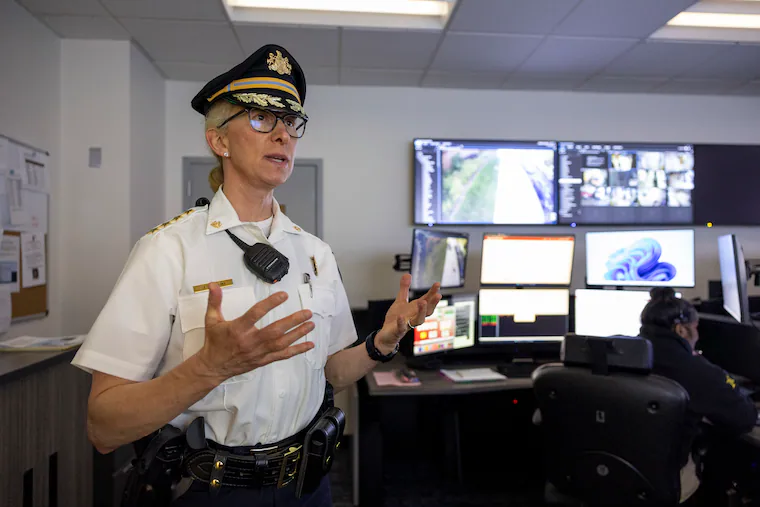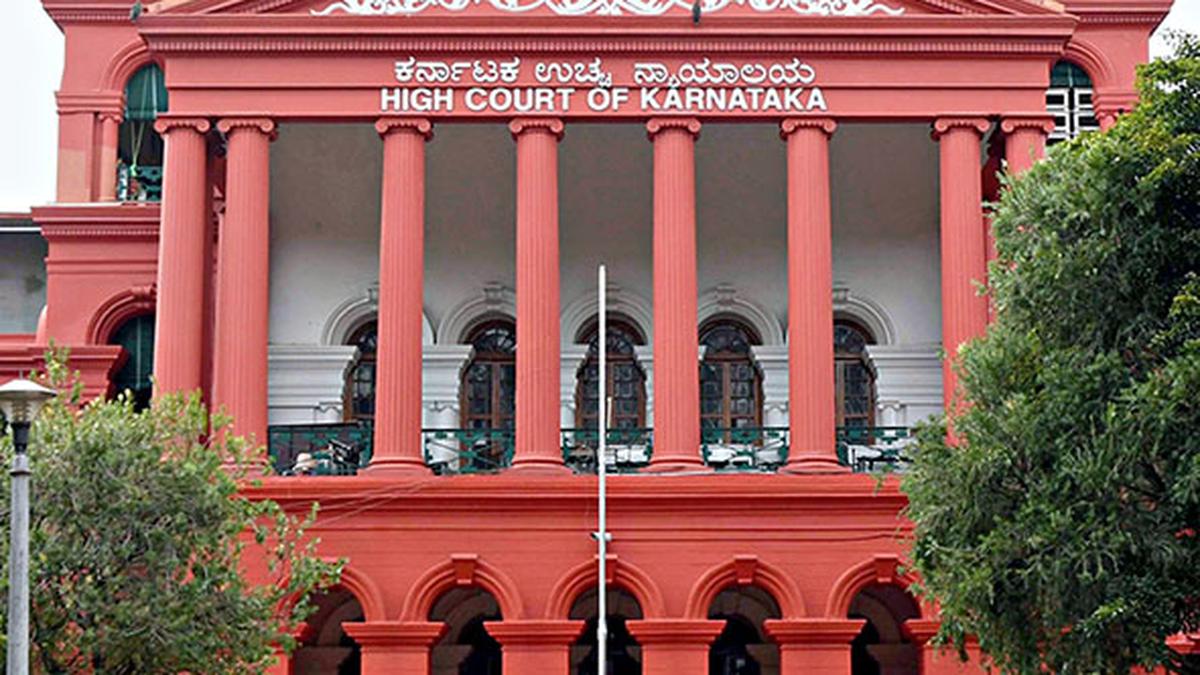
Temple University police were watching closely as several historically Black colleges received fake threat calls earlier this month, among the most recent examples of such incidents at college campuses across the country since the fall semester began.
Temple’s police department has been monitoring fake threats, known as swatting, since the high-profile case at Villanova University last month. There, a report of an active shooter turned out to be a hoax, roiling the Catholic school campus for about 90 minutes and interrupting a freshman orientation Mass.
At Temple, the department has added in-house training on swatting for everyone from dispatchers to police officers to administrative staff. They are learning the signs that might indicate a false call, said Jennifer Griffin, Temple’s vice president for public safety, though she emphasized police respond to every call as if it is real until they definitively determine it is not.
» READ MORE: Villanova students process trauma as school seeks ‘return to normalcy’ after active shooter hoax
“The whole point is to be prepared,” Griffin said. “Like any other scenario, we don’t want to wait until we have a crisis. We want to make sure our policies are sound, and that our employees are all trained and the students know what to do in those situations.”
If a call sounds suspicious, police would still clear the area and institute a lockdown, but the dispatcher or staff member taking the call could communicate the suspicion to police and supervisors, Griffin said.
Other universities also have taken steps following the swatting incident at Villanova. Drexel University Police and Public Safety in August participated in the FBI’s training on hoaxes and swatting incidents, a university spokesperson said. Villanova said it also participated in FBI training.
At Temple, Griffin also has done more than two dozen safety presentations for faculty, staff, and students since the school year began, she said. All included information about swatting.
» READ MORE: Police scanner shows panicked response to Villanova shooting ‘hoax’
“It is going to feel very real until we figure out it is not real,” Griffin tells them.
And the university sent out a message to staff, students, and parents, noting the spate of hoax calls and actual emergencies college campuses have faced since the start of the school year.
As of a week ago, about 50 college campuses had been hit with hoax calls, according to the Associated Press. The U.S. Department of Education put out tips on how to recognize fake calls, including questions to ask callers to determine if there are inconsistencies.
» READ MORE: Anti-extremism researchers say they’ve identified group claiming responsibility for Villanova hoax shooter call, provide audio of Bucknell incident
“These situations, whether real or false, move fast,” Griffin said in the campus message, which included a community safety video on how students and staff should respond to an active shooter situation. “However, knowing the steps to take during these incidents empowers us all to stay safer.”
Some individual departments have requested guidance on how best to communicate in an emergency. Athletics, which has more than 500 student athletes spread across about two dozen sports teams, was particularly interested in maintaining communication between its athletes and coaching staff if an active threat is reported, said Len Clark, Temple’s director of emergency management.
Teams train on different fields; some may be on the water or on a plane when an emergency hits, Griffin explained.
One morning last week in Temple’s police communications center, dispatchers sat before multiple computer screens that showed views from some of the 1,500 cameras around the main campus and the hospital and health campus.
“So they’ve all been trained in the last month” on swatting, Griffin said.
Temple has not received swatting calls, she said, but staff now know what to watch for.
“If it’s a call from a number that’s in some way disguised, that would be your first clue,” said master dispatcher Brian Hathaway, who has been with the Temple police department for 12 years and received the new training.
If only one caller warns of an active shooter situation, that’s another potential sign, he said.
“If, God forbid, there was an actual active shooter, there would be more than one phone call that would come in,” he said. “If we have an auto accident on campus, it’s not uncommon for three or four people to call.”
Hathaway said he learned in training that the fake calls sometimes come from video gamers or people familiar with the game Call of Duty.
“So they’ll use weapon terms from that game,” he said. “They’ll be very specific about what type of rifle a person has, which would be kind of unusual if it was an actual situation.”
There also could be video game sounds in the background, another potential indicator of a hoax, Griffin said.
If the caller is not familiar with buildings on campus or surroundings, that could be another clue, she said.
“So if you had somebody who was on campus and they’re a student, they would know the building they’re in and different details about that building,” she said. “These calls are typically coming from outside the community, and they’re not as aware.”



